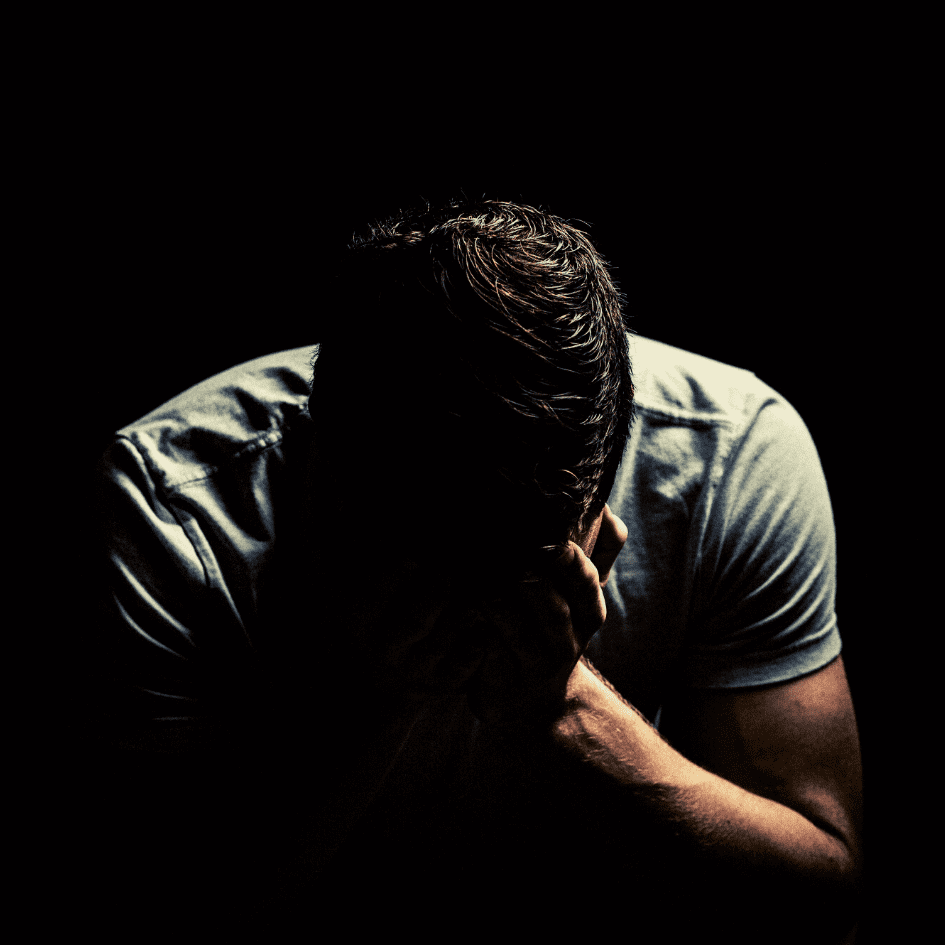PTSD, a word most commonly heard in novels, biographies, stories and movies. What is PTSD and does everyone get it? Is it as easy as shown and read about? But what really is PTSD?
POST TRAUMATIC STRESS DISORDER:
PTSD a psychiatric disorder that may occur in people who have experienced or witnessed a “traumatic event”.
You may feel no interest in activities that you used to enjoy. You feel more comfortable by isolating yourself from the world. The world appears negative to you and even your own thoughts become dangerously depressing to the point where you become suicidal. You lose trust and are unable to maintain relationships.
We are very unfortunate that there is a lack of awareness regarding mental health awareness because a person going through such difficult time is not to be blamed for their alert and fierce reactions, it is necessary for the individual’s family to be a support they need for they are already blaming themselves for things that aren’t in their control.
Contents
- Causes
- Symptoms
- Diagnosis
- Effects
- Treatment
- Is PTSD curable
- Can I get a job with PTSD?
- Conclusion
- Causes:
You might have suffered emotionally, physical harm and life-threatening situations such as accidents, loss of a loved one, childhood abuse, sexual assault, domestic abuse, bullying, war and combat etc. This will effect you mentally, socially and spiritually and will hinder your daily routine.
An estimate one in 11 people will be diagnosed with PTSD in their lifetime. Women are twice as likely as men to have PTSD.
The statistics prove that in Pakistan most of the cases are resolved by taking the patient to the quacks who treat the patient, claiming, they have been possessed and require nothing but a few puffs of smoke and some really brutal painful treatment which only adds up to the additional trauma.
The unaware and uneducated community revolves along these fake practices and do more damage than good.
- Symptoms:
These symptoms last more than a month and are persistent. PTSD often occurs with other related conditions, such as depression, use of drugs, memory problems and other physical and mental health problems.
- Intrusion:
You may have intrusive thoughts such as repetition of the traumatic event through nightmares, flashbacks or memories. They appear to be so vivid that you feel as if you are reliving the traumatic event.
- Avoidance:
You may start to avoid going out, meeting people, going to public places, objects and situations or conversations to avoid being reminded of the traumatic event. Usage of alcohol or drugs to avoid any memory of that event.
- Alterations in cognition and mood:
Forgetting important aspects of the traumatic event, leading to distorted beliefs about oneself or others. Example: “I am bad” “They can not be trusted” “this place is cursed”
You will forget the cause of the traumatic event leading to wrongly accusing and blaming yourself or others. That leads to an outbursts of fear, horror, anger, guilt and shame.
You will no longer be interested in activities you used to enjoy before, such as cooking, walking etc and no longer experiencing positive emotions.
Feeling detached from your body.
- Alterations in reactivity and alertness:
You might become irrational and easily startled, have extreme reactions such as angry outbursts, behaving carelessly or in a self harming way. Being overly watchful and suspicious about others. You’ll lash out or attack in self defense.
You’ll have problems eating and sleeping.
- Diagnosis:
- Perform a physical exam to check for medical problems that may be causing your symptoms
- Do a psychological evaluation that includes a discussion of your signs and symptoms and the event or events that led up to them
- Effect:
- You will have intense, disturbing thoughts and feelings related to your experience that last long after the traumatic event has ended.
- You will feel intense fear and sadness or fear in normal situations.
- The traumatic event is frequently relived through flashbacks and nightmares which may also be triggered by a small event or object reminding you of that specific event.
- Normal and ordinary things such as loud voices, noise, touch or smell might trigger your anxiety and cause a reaction.
- Treatment:
PTSD can be treated through medication or counseling. Talk therapy (psychotherapy) and medication provides effective, evidence-based, treatments. The primary treatment is psychotherapy but medication is included as well.
It is important to note that the treatment also depends a lot on a supportive atmosphere by the family, friends and people involved in your life. And it is not you who is responsible for the distress and trauma. It is treatable and the quicker you get treated, the better the chances of recovery.
- Cognitive therapy:
This type of talk therapy helps you recognize the ways of thinking (cognitive patterns) that are keeping you from living a normal and guilt or fear free life.
for example, negative beliefs about yourself and the risk of traumatic things happening again. For PTSD, cognitive therapy often is used along with exposure therapy.
- Exposure therapy.
This behavioral therapy in which you are exposed to the memories and feelings of the traumatic event in a very safe environment. The memories you find the most painful become bearable and you learn to cope with them. Exposure therapy can be particularly helpful for flashbacks and nightmares.
- Eye movement desensitization and reprocessing (EMDR). EMDR combines exposure therapy with a series of guided eye movements that help you process traumatic memories and change how you react to them.
- Medication:
Sometimes , our brain and body are not strong enough to recover and heal and need some aid. Medication is required to control some symptoms which helps the you take part in the psychotherapies more actively and happily.
“Anti-depressants” such as SSRIs and SNRIs are used to treat the core symptoms of PTSD. They are taken alone or in combination with psychotherapy.
“Anti-anxiety” medications are just as used because they reduce severe anxiety attacks but under supervisions of your psychiatrist as these medicine can not be used without any prescription.
- Is PTSD curable?
PtadIs not 100% curable but you will be able to control the symptoms to the point where you can live a normal life. But treatment, therapy and medication does not stop. It is best to follow the steps by your psychiatrist and maintain a healthy lifestyle to keep the symptoms in check.
- Can I do a job with PTSD?
It can be quite difficult to maintain a job once you are diagnosed with PTSD. Jobs such as military, law, psychology etc can trigger your symptoms and remind you of your painful event. That does not mean uouShoukd sit back and have nothing in your life to keep you busy. Painting, writing, architecture, designing, desk job etc are all the jobs you can opt for. Keeping your symptoms in check and staying in touch with your psychiatrist will keep you from falling back into the old patterns and help you maintain a positive and healthy mindset.
- Conclusion:
PTSD is a severe disorder and it cause anxiety, aggression, isolation and depression. Whatever you do in that condition or react in a negative way is not in your control. It is best to reach out and talk to your therapist without any fear of the society. PTSD is treatable and the support of the family and friends is a very contributing factor in the treatment of PTSD.
A dedicated heart and mind can do anything and where there is will, there is a way. PTSD is and can be treated and a person can once again live a normal and happy life.


